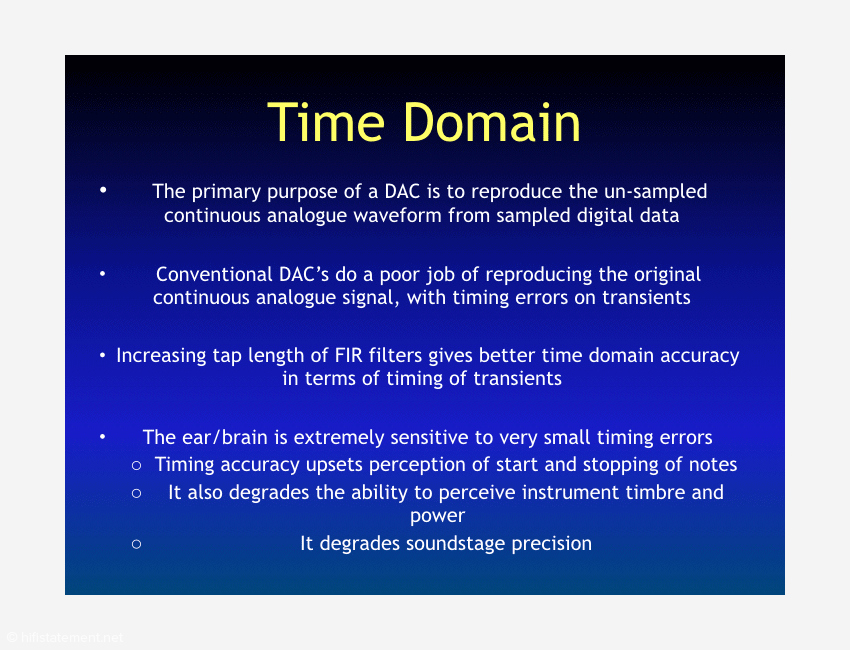Have a listen to these two tracks recorded with a Tascam X8, does it sound real?godofwealth, I agree in general with your opening post. However, I do not think digital sucks. I simply think analog sounds more natural. Some contend that digital keeps improving. I just heard a new turntable that made the music on my vinyl sound better too. Despite advances, are our systems sounding any more real?
More curious to me than the analog versus digital debates is that I find the industry in general is moving away from the sound of music. Al M. and I heard some live jazz last night in a very old house built in 1745, just a few blocks from where I live. The experience of listening to those musicians is far removed from that of the modern systems I have heard. The live sound had massive weight/body/warmth and impact. Dynamics and nuance were astonishing. I felt the energy on my body as it expanded around the room. There was mass. There was localization of the musicians, but nothing like the pinpoint imaging that people love to describe.
The highs were NOT extended or bright, not on the trumpet nor on the cymbals the way it is so often presented by the latest systems. Systems make the music sound thin, bright, flat (especially digital streaming), but also electronics, cables, and speakers, not saying anything about the sources. The goal seems to be detail, imaging, extension, low noise, and flat curves rather than the holistic experience one has when listening to live music. Where is the realism with modern hifi?
I think the industry needs to take a step back and assess where it is going. Despite the heroic efforts with research and the development of technologies, and hyperbolic marketing efforts, where is the natural sound? Is the industry really moving toward a more convincing listening experience, analog or digital? That is my question.
Tascam Portacapture X6 | Audio Examples
SOS June 2023 Chris Timson These files accompany my...







